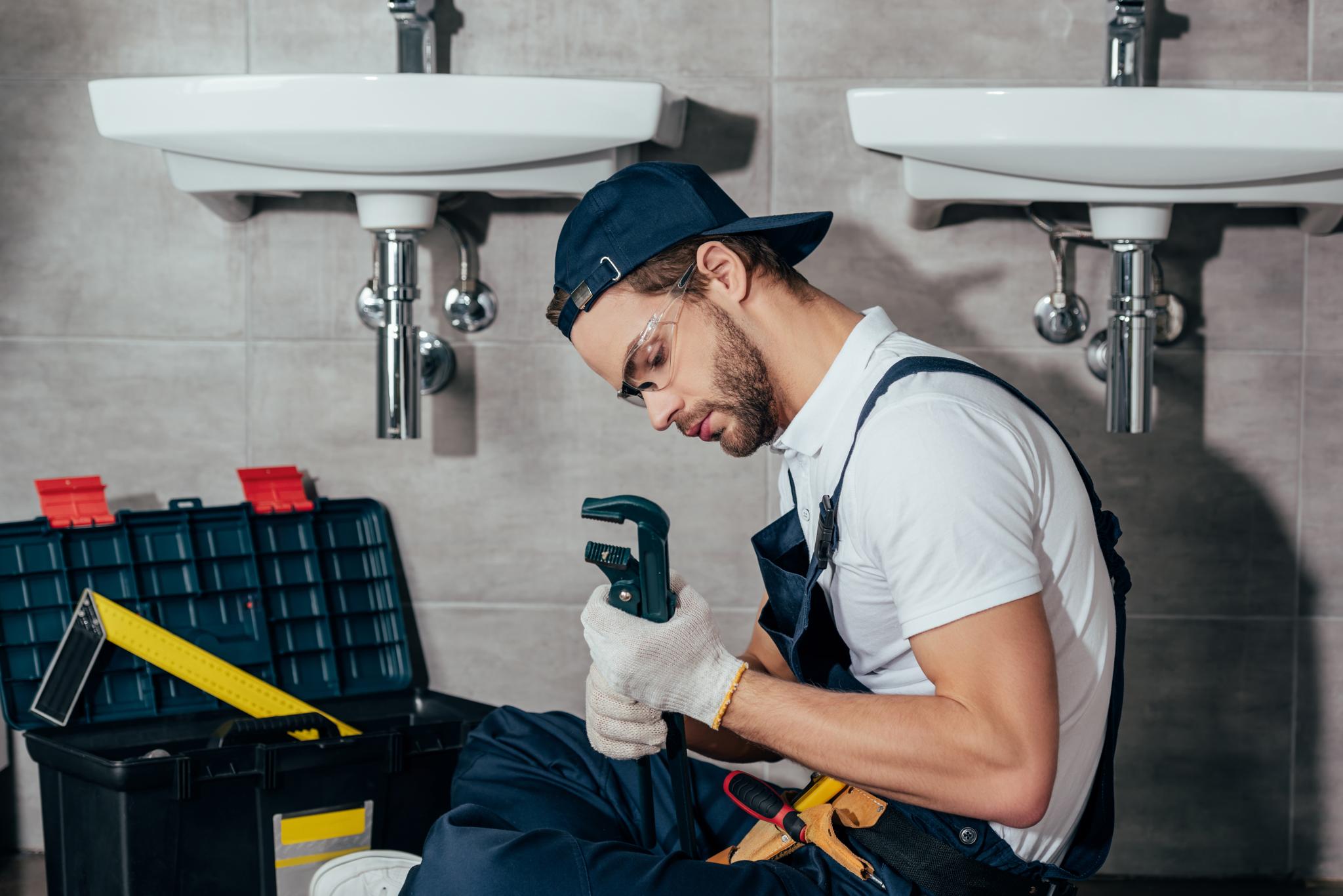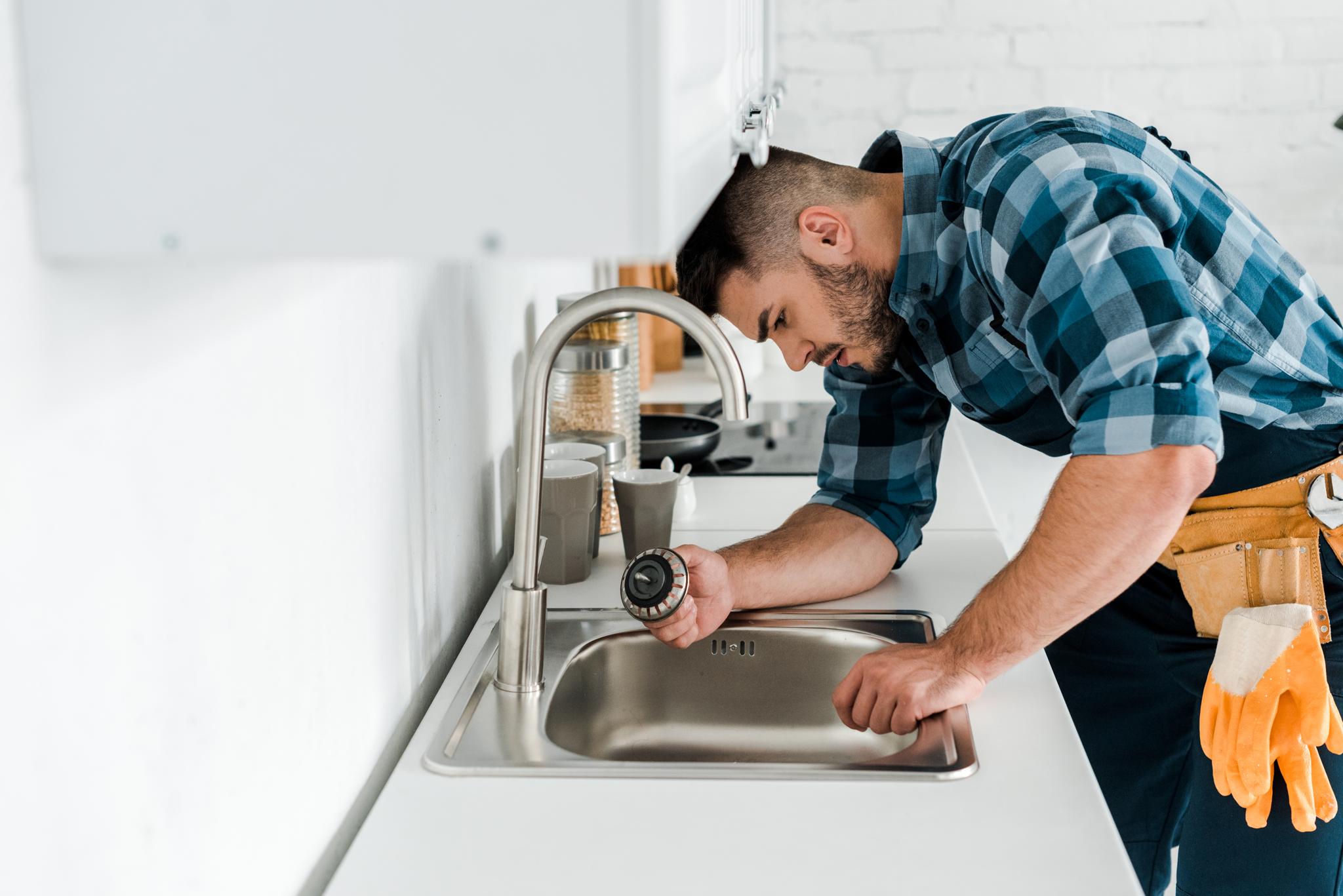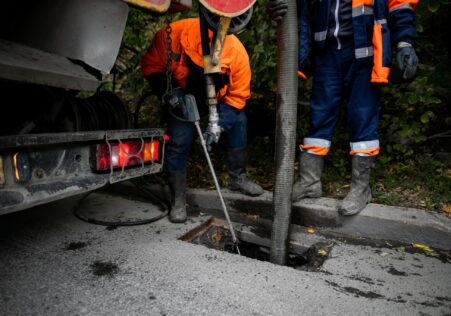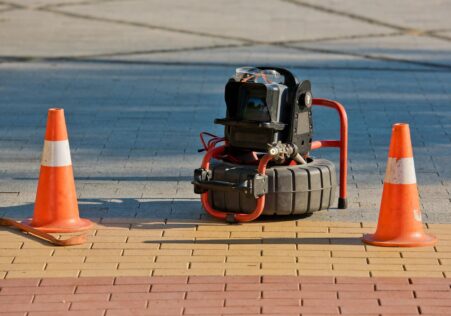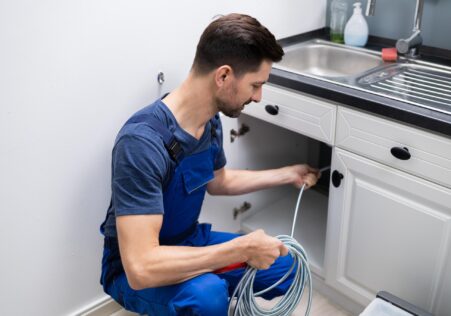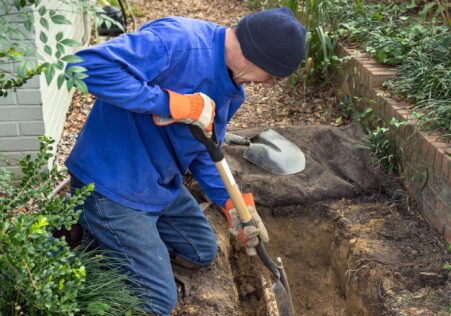7 Household Items That Should Never Be Flushed Down the Toilet
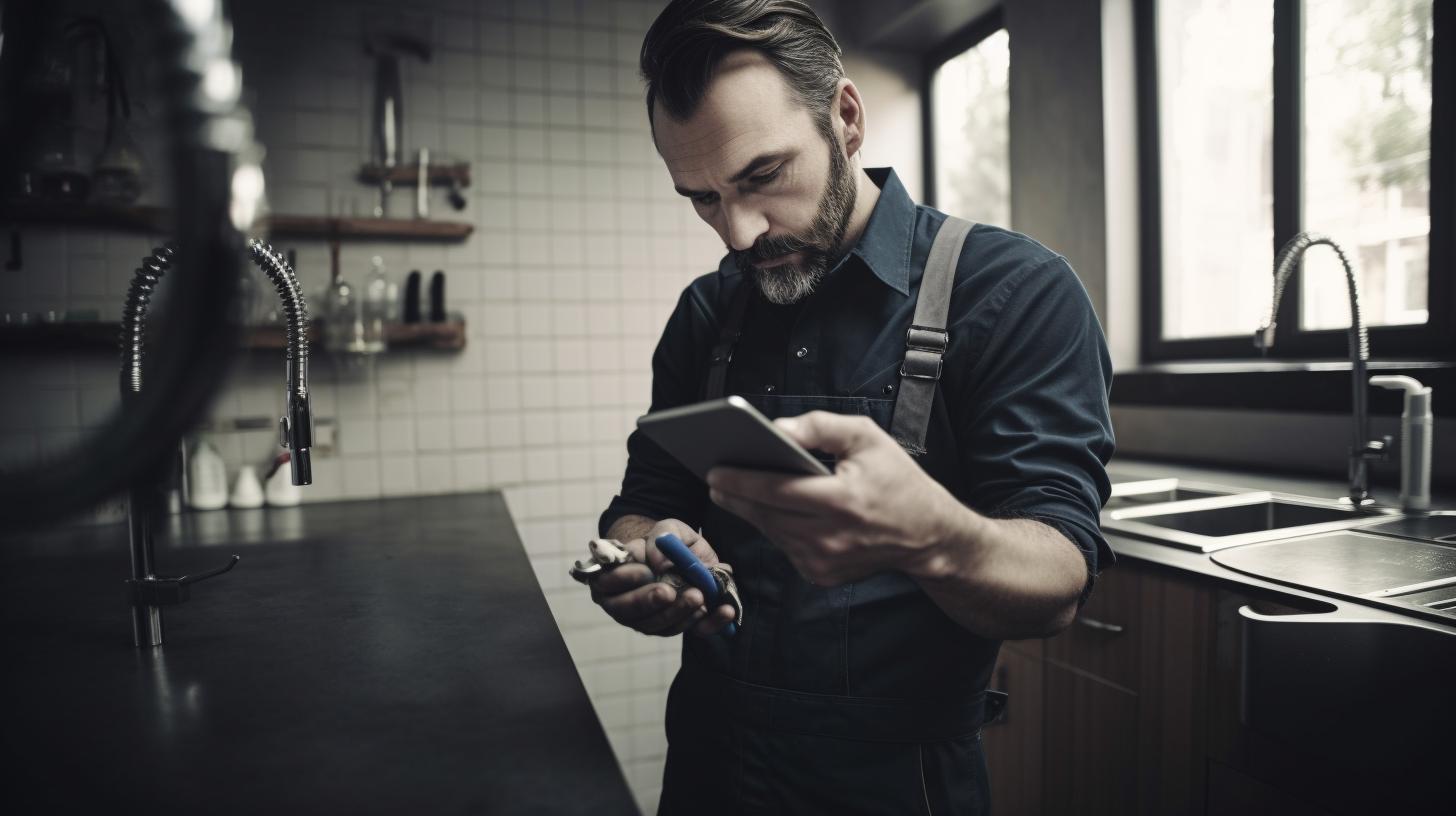
The toilet is a ubiquitous fixture in the home that we use daily. There’s a tendency to accept its use as a given, but it’s important to remember that it’s no garbage can. There are certain items that should never go down the toilet because they can cause obstruction in the drain or damage for sewer drains.
Key Takeaways
- Do not flush certain things into the toilet because they could cause blockages in the drain or harm to pipes in the sewer.
- Seven household items that you should never flush down the toilet include:
- Baby wipes
- Condoms
- Oil and cooking fat
- Products for feminine hygiene (tampons and pads for sanitary use)
- Medical Treatment
- Dental floss
- Paper towels
- The act of flushing any of these items could result in blocked drains or damaged sewer pipelines inside your home’s plumbing system, which will result in an unforetold cost to you.
- Melbourne Blocked Drains Plumbers offers unblocking blocked drains and drain clearing services CCTV drain inspection and pipe relining services.
Seven household objects you shouldn’t flush into the toilet.
1. Baby wipes
Baby wipes might seem useful however, they do not disintegrate like toilet paper, and they can block the plumbing in your home. You should dispose of them in the trash instead.
2. Condoms
Dissolving condoms in the toilet can result in blockages of both your plumbing system and wastewater treatment facilities.
3. cooking grease and oil
Grease and oil should be put in a container before throwing it away in the garbage, since they can harden and cause obstructions in your drains, or pipes.
4. Feminine hygiene products
Tampons and sanitary pads are often advertised in the form of "flushable, " but flushing them can cause issues later on when they mix with other things to cause a terrible obstruction.
5. Medications
Medicines should not be flushed in the toilet since they could pollute our water sources.
6. Dental floss
Dental floss is made to be strong, which means it won’t break apart in water, leading to possible blockages in your pipes.
7. Paper towels
As opposed to toilet paper papers have a stronger weave which will make them less likely to deteriorate rapidly once they are they are wet. This means that they will not easily blockage.
If you flush any of the seven items can lead to blocked drains as well as damaged pipelines within your home’s plumbing system which can result in an unexpected cost to you. Be mindful of the items you send down the toilet.
| Item | Reason for not Flushing |
|---|---|
| Baby wipes | Do not break down like toilet paper and can clog your plumbing system. Dispose of them in the trash instead. |
| Condoms | Leads to blockages both at home’s plumbing and treatment plants. |
| Cooking grease and oil | Will harden and cause blockages in your drains or pipes. |
| Feminine hygiene products | Combining with other items creates a nasty clog despite being marketed as "flushable". |
| Medications | Can contaminate our water sources. |
| Dental floss | Designed to be strong, leading to potential blockages in pipes. |
| Paper towels | Less likely to deteriorate quickly once wet, easily causing blockages unlike with toilet paper. |
FAQs
Do feminine hygiene products that are flushed can cause harm to my pipes?
Yes. Products for feminine hygiene do not disintegrate in water, and may cause blockages to your pipes or sewer system.
Are flushable wipes really flushable?
Yes, many "flushable" wipes do not disintegrate easily and may cause clogs in your pipes.
Do I have to wash baby wipes by flushing them down the toilet?
No. Baby wipes should not be flushed down the toilet as they do not dissolve easily and can cause blockages.
Do paper towels need to be used to flush?
No. Paper towels are thicker than toilet paper, and they do not break down as easily, leading to the possibility of clogging your plumbing system.
What about medications? Can I flush them through the toilet?
No. Medical treatments can cause a contamination of our waterways. Therefore, it’s essential to dispose of them correctly by taking them to a designated drop-off location.
If you’re dealing with an unblocking drain Do not hesitate to call our professional plumbing assistance by calling Melbourne Blocked Drains Plumbers . We offer unblocking blocked drains drainage clearing, CCTV drain inspection and pipe relining services to make sure your home is free of plumbing issues. Call us today for an appointment.
Additional Information
- Don't Let Your Drains Get You Down: 10 Methods to Prevent Clogs in Your Home
- The Ultimate Guide on How to Clear a Blocked Drain in Your Home
- What to Know about Pipe Relining Services for Blocked Drains
- Why Trenchless Pipe Relining is the Future of Condominium Plumbing
- The Advantage of CCTV Drain Inspection in Detecting Root Infiltration Early
- Unblock Your Drains with This Do-It-Yourself Guide That is Simple to Follow
- Efficiently Handle Drain Cleaning with High Pressure Solutions
- Prevent Expensive Repairs with Regular Drain Maintenance
- Get rid of clogged drains with these amazing remedies
- Become an expert at Drain Cleaning with These Effective Tips


